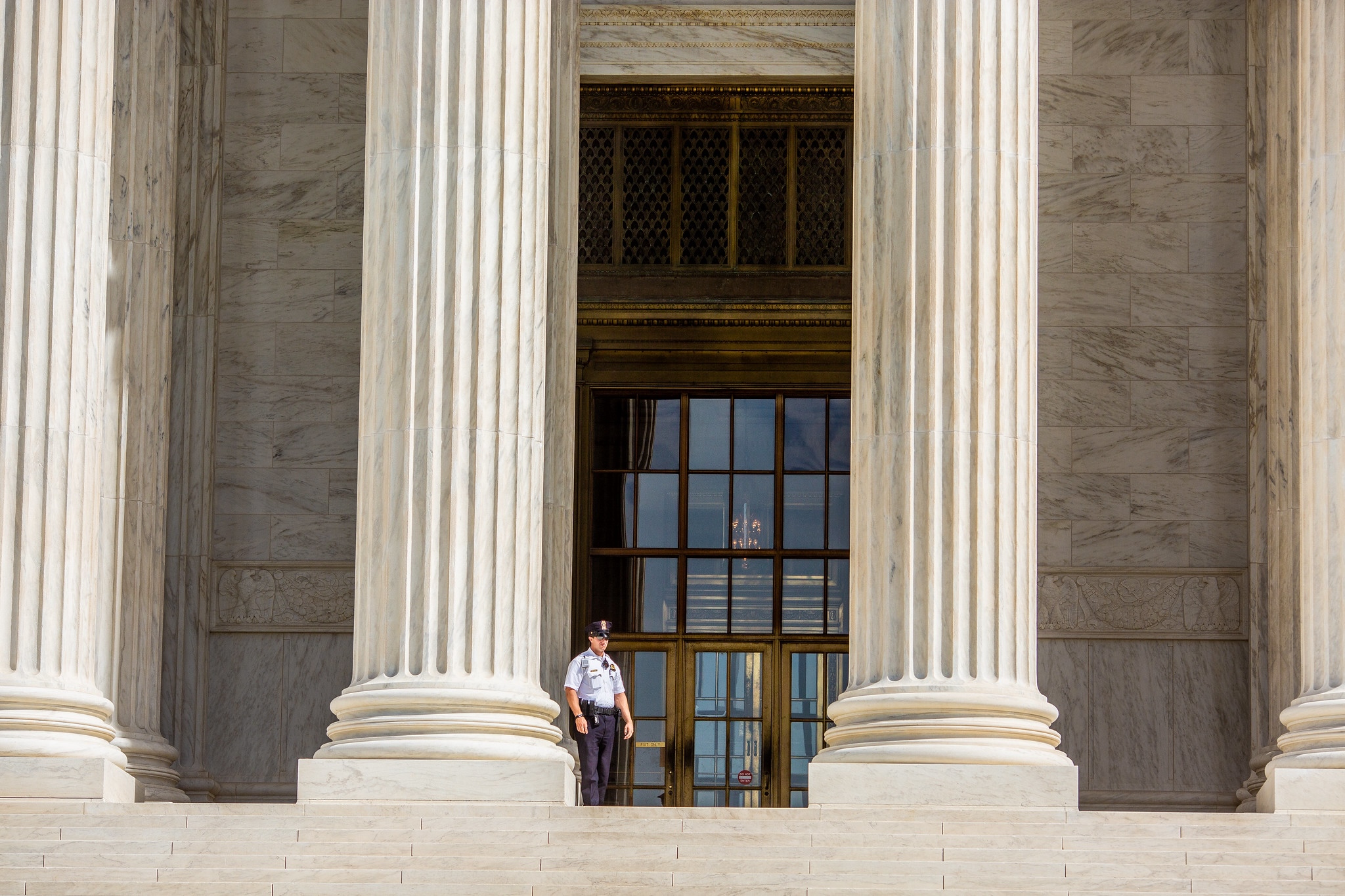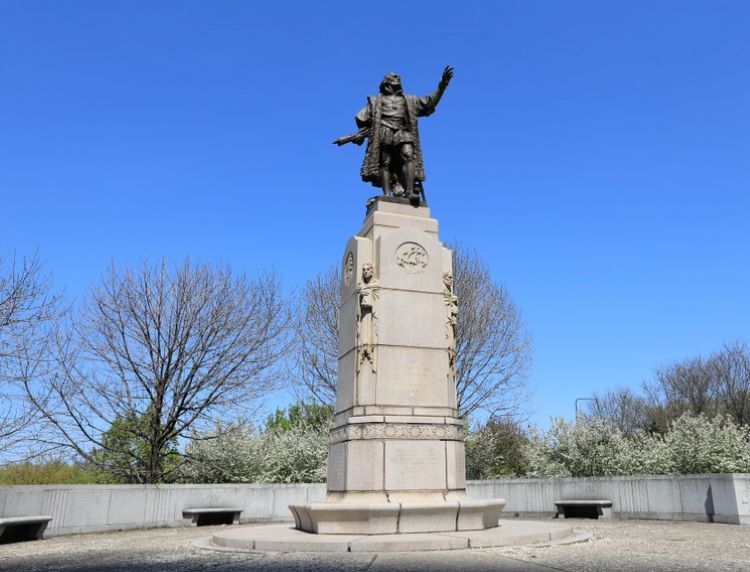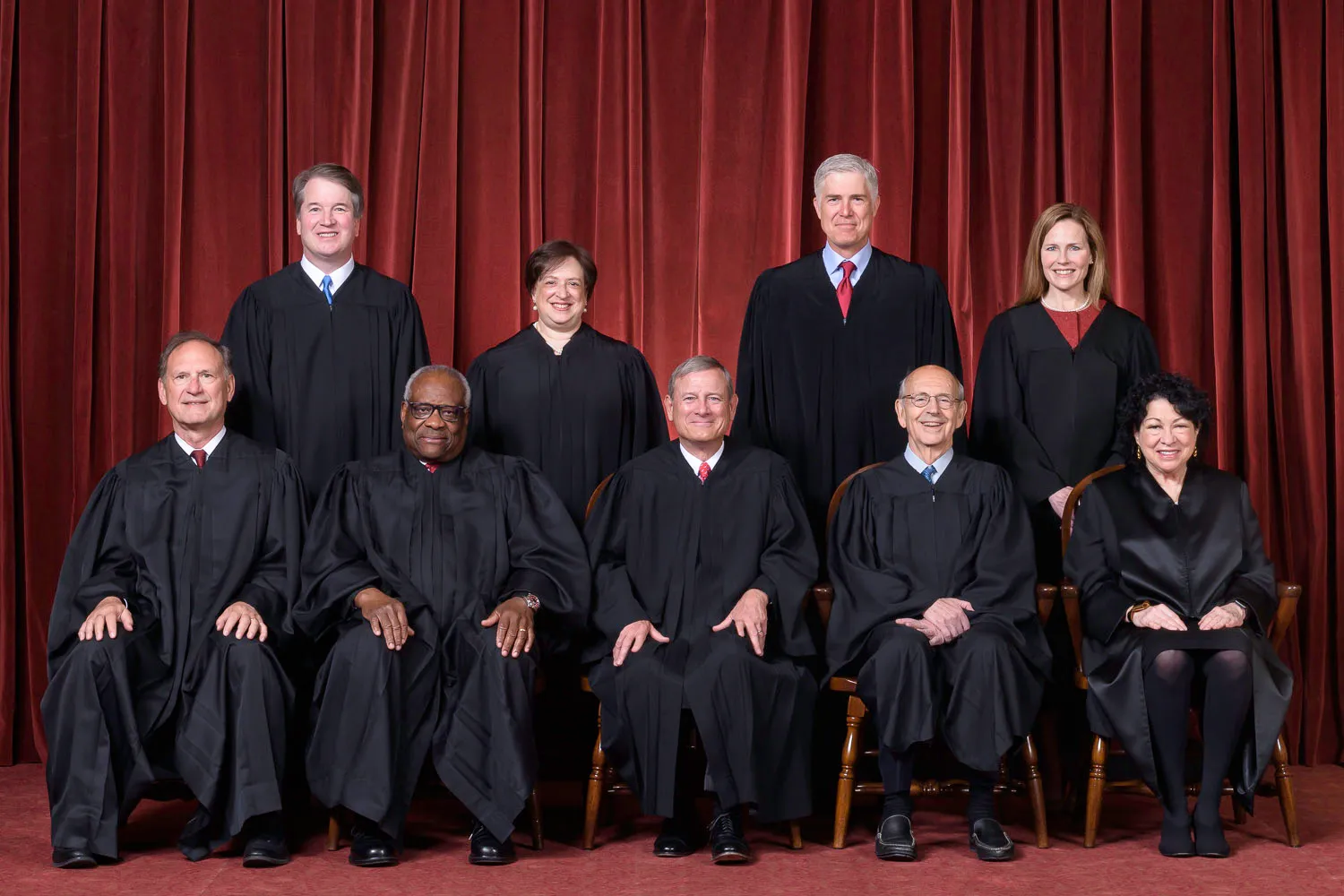Supreme Court rules U.S. must pay more for Native American tribes’ health care
OPINION ANALYSIS
on Jun 6, 2024
at 4:19 pm
A divided court ruled in favor of two Native American tribes on Thursday in a dispute over administrative health care costs. (Thomas Hawk via Flickr)
The Supreme Court on Thursday ruled that the federal government must provide additional funding to cover some administrative costs incurred by Native American tribes that operate their own health-care programs. By a vote of 5-4, with Justice Neil Gorsuch – perhaps the strongest ally of Native Americans on the court – providing the deciding vote, the justices upheld two rulings by federal appeals courts in favor of Native American tribes.
Writing for the majority, Chief Justice John Roberts explained that a ruling in favor of the federal government, which had opposed paying the administrative costs, would create a “systemic funding shortfall” for tribes that opted to manage their own health-care programs – “a penalty for pursuing self-determination.”
Justice Brett Kavanaugh, who wrote a dissenting opinion that was joined by Justices Clarence Thomas, Samuel Alito, and Amy Coney Barrett, complained that the court’s decision “could cost between $800 million and $2 billion.”
A federal law known as the Indian Self-Determination and Education Assistance Act gives Native American tribes the option to enter into a contract with the Indian Health Service to run their own health-care programs, which the IHS would otherwise manage. When a tribe chooses this option, IHS gives the tribe the money that it would have used to run those programs. The tribe can also collect money from outside programs like Medicare, Medicaid, and private insurers.
To reimburse tribes for overhead and administrative costs that IHS does not have to pay when it runs health-care programs, Congress also requires the IHS to cover the tribes’ “contract support costs.” Everyone involved in the two cases before the court – the federal government and two tribes, the San Carlos Apache Tribe and the Northern Arapaho Tribe – agrees that IHS must cover the contract support costs that arise from spending the amount that the IHS gives the tribes to operate their own health-care programs. The question before the court, however, was whether the IHS must also reimburse the tribes for the costs that they incur when they spend money from Medicare, Medicaid, and private insurers on the health-care programs.
In an 18-page opinion, the majority’s answer to this question was “yes.” Writing for himself and for Justices Sonia Sotomayor, Elena Kagan, Gorsuch, and Ketanji Brown Jackson, Roberts explained that when tribes decide to run their own health-care programs, they are required to collect income from Medicare, Medicaid, and private insurers and then spend it on those programs. “The reasonable direct and indirect contract support costs they incurred as a result,” Roberts continued, “are eligible for repayment” under federal law because the expenses arose as a result of the tribes’ contract with the IHS.
Roberts rejected the government’s contrary argument, observing that it would be inconsistent with both the text of the Indian Self-Determination and Education Assistance Act and the law’s purpose, which was to provide Native American tribes with an “effective voice in the planning and implementation of programs responsive to the true needs of their communities.” But if IHS did not cover contract support costs for health care funded by outside programs such as Medicare, Medicaid, or private insurance, Roberts posited, it would “inflict[] a penalty on tribes for opting in favor of greater self-determination.”
In his dissent, Kavanaugh countered that federal law does “not support the Court’s decision.” And more broadly, he continued, “the extra federal money that the Court today green-lights does not come free.” If Congress does not increase the overall funding for Native American health-care programs, he wrote, Thursday’s ruling will shift more of that funding from less affluent tribes – which are less likely to run their own health-care programs – to wealthier ones. Congress’s other option, he added, would be to “substantially” increase funding for all Native American health-care programs, “thereby drawing money away from other vital federal programs or requiring additional taxes.”
Such “difficult appropriations decisions and tradeoffs” should, Kavanaugh concluded, be made by Congress and the president, rather than by the Supreme Court. This is particularly true, he emphasized, when the executive branch has long adhered to – and Congress has not disturbed – the interpretation that the majority overturned on Thursday.
This article was originally published at Howe on the Court.






